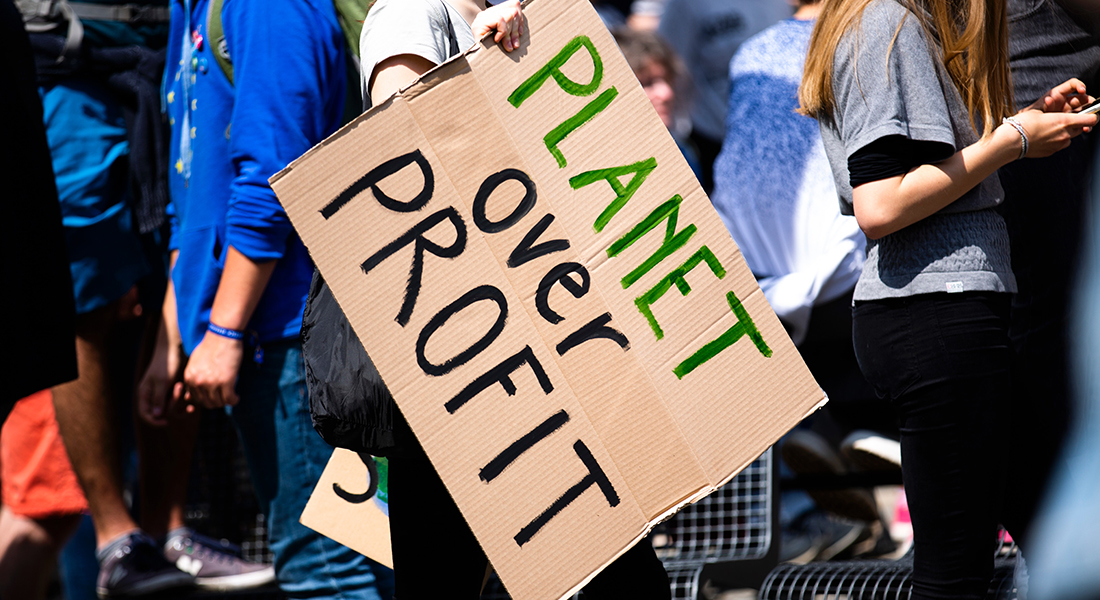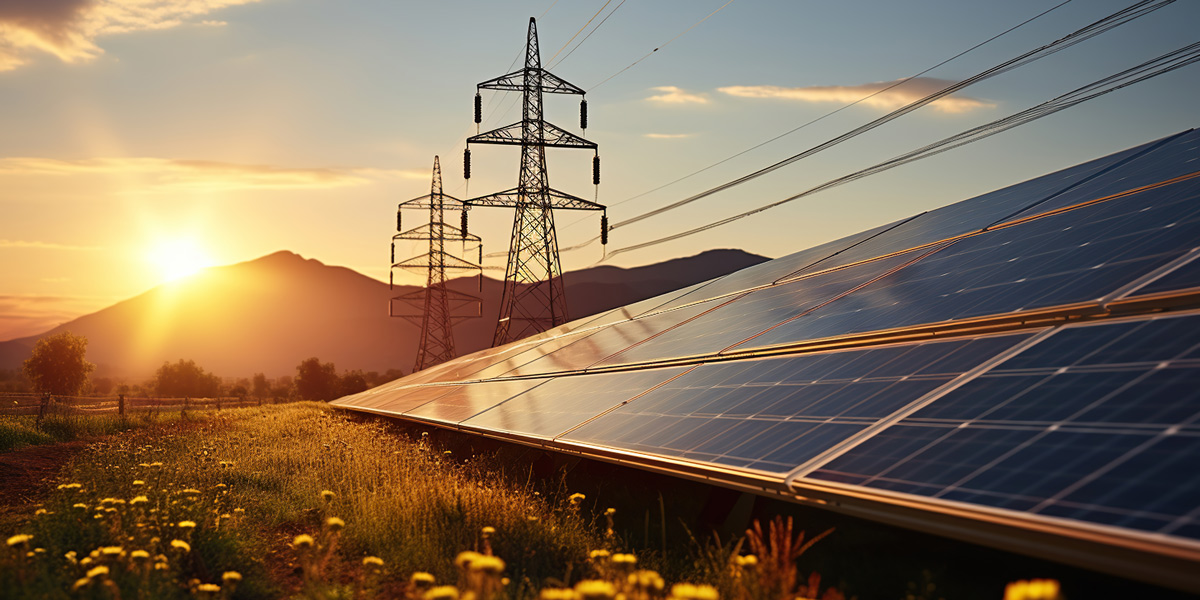With Greta Thunberg’s efforts, we all know the stark reality that the climate change problem is here to stay. No longer being able to bury our heads in the sand to avoid confronting this matter, people across the globe are looking to contribute to change.
Improving accessibility has long been a major barrier to implementing personal changes that protect the planet. With the growing demand for sustainable solutions, there has been a significant rise in companies offering convenient and accessible options. An increasing number of businesses are emerging to provide simple and convenient alternatives to reducing plastic usage, utilizing recycled packaging, offering sustainable products, promoting organic food, and offering various means to make environmentally friendly choices more attainable. In this article, we look at five companies setting an example by walking the talk.
MUD Jeans
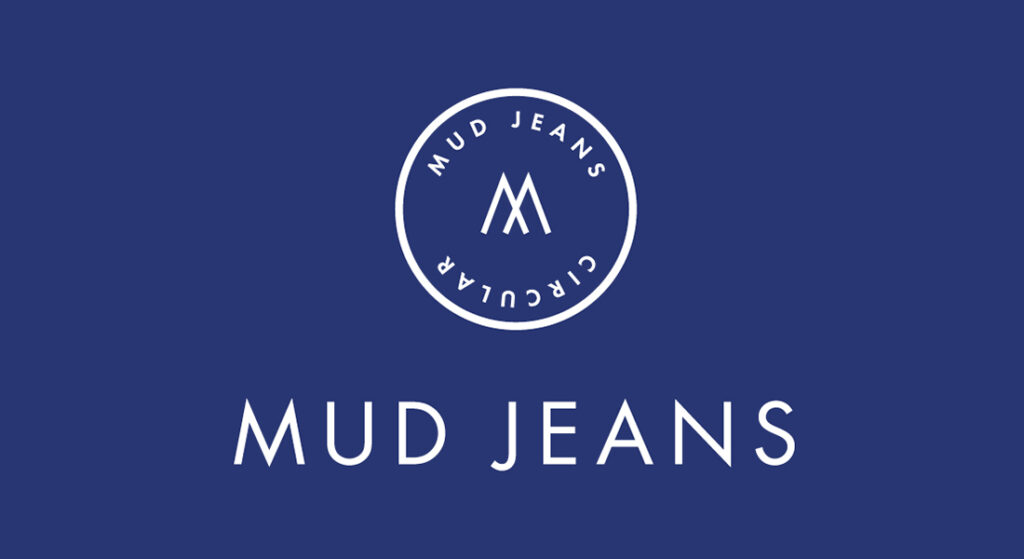
MUD Jeans, a Dutch denim company founded in 2013 by Bert van Son, has become a leading example of circular fashion. They proudly proclaim having created the first jeans from 100% post-consumer recycled cotton. MUD Jeans promotes a more sustainable consumption pattern and helps customers practice eco-conscious consumption by offering jeans through a lease program. Customers lease a pair of jeans and return them after use, allowing the company to refurbish, repair, and resell the jeans or recycle them into new denim products.
They also allow customers to send in old jeans from other brands if they are 96% cotton. Additionally, they manufacture their jeans using external, locally collected denim waste through their recycling partners. This approach significantly reduces resource consumption and waste in the fashion industry.
MUD jeans also have mindful manufacturing processes in place. The industry standard uses 7000 litres to make a pair of jeans. Compared to this, on average, a pair of MUD Jeans uses 393 litres of water. This effectively translates to saving 94.4% of water. In 2021, MUD Jeans saved 311 million litres of water compared to the industry standard. For the last six years, that has accumulated to 1.1 billion litres of water, the equivalent of 455 Olympic-size swimming pools.
This is the tip of the iceberg regarding MUD Jeans’ commitment to going circular. A detailed, report of all their impressive achievements is available in their 2021 sustainability report, on their website.
Ecover
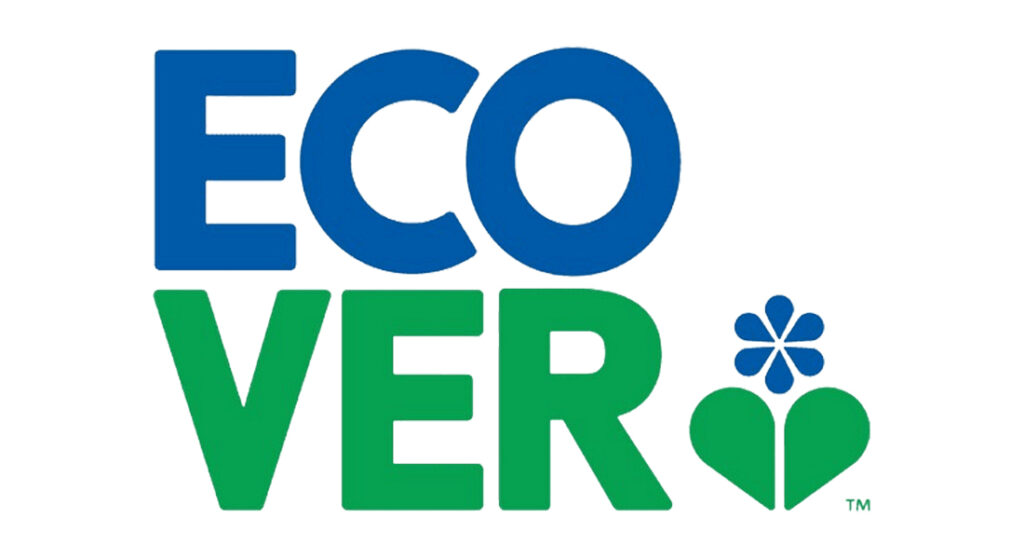
Ecover is renowned for its healthy obsession with cleaning. They are the world’s largest producer of ecological detergents and eco-friendly cleaning and laundry products. Launched in Belgium in 1980, when global warming’s authenticity was still being debated, Ecover’s progressive environmental policies placed it at the forefront of developing environmentally friendly products.
Ecover operates with sustainability at its core; it opened the world’s first ecological factory in 1992 in Malle, Belgium. The positioning of the building follows the sun’s movement from east to west. Strategically aligned rooftop windows allow maximum daylight to enter the building so that the need for artificial lighting can be limited. The green roof covered with plants shields the heat and cooling loads, enriches urban biodiversity, protects drain water, and offers other benefits.
As for their products themselves, they contain eco-surfactants (a first of its kind) and are absent of non-biodegradable materials commonly found in other commercial cleaners such as optical brighteners, phosphates, and foam boosters. While they use plastic packaging, it is only 100% Post-Consumer Recycled plastic. As they attempt to find alternatives to plastic, they are driving their customer to reuse the product bottles with their ‘Refillution’ campaign. Refill centres allow customers to bring their old Ecover bottles and refill products. In 2022, with 1,445 029 refills, they could save on 42,680 kgs of plastic.
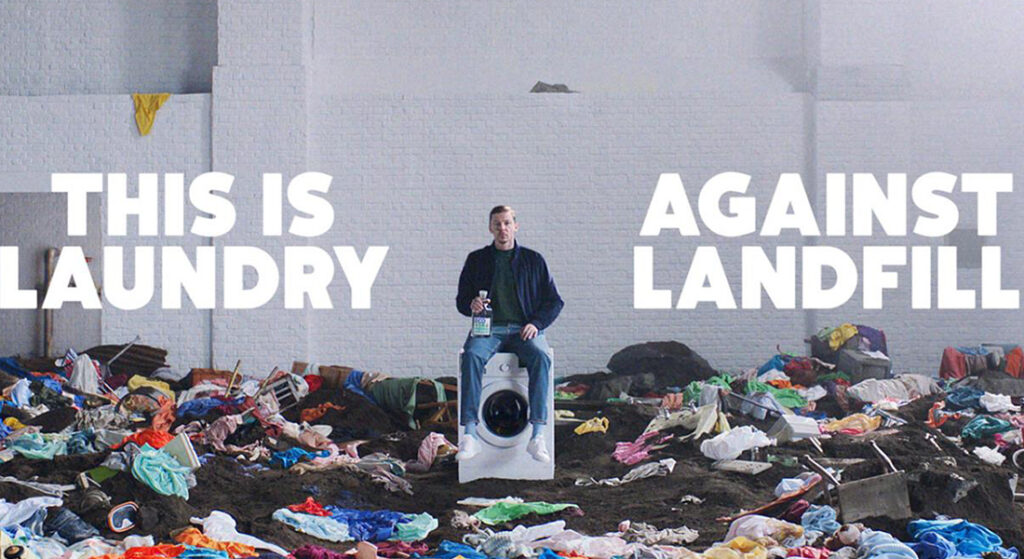
Ecover also constantly drives disruptive thinking with its bold ad campaigns and experiments. They are currently running a limited-edition cleaning product made from beer waste. The product includes at least 25% of waste ingredients left behind from the beer brewing process (water + ethanol). Another limited-edition campaign, ‘ Too Good To Waste’, focuses on turning old vegetables and potato peels to create toilet cleaners, descalers and powerful biosurfactants.
Visiting their website will allow you to delve deeper into the efforts and successes of Ecover.
I’m Green™
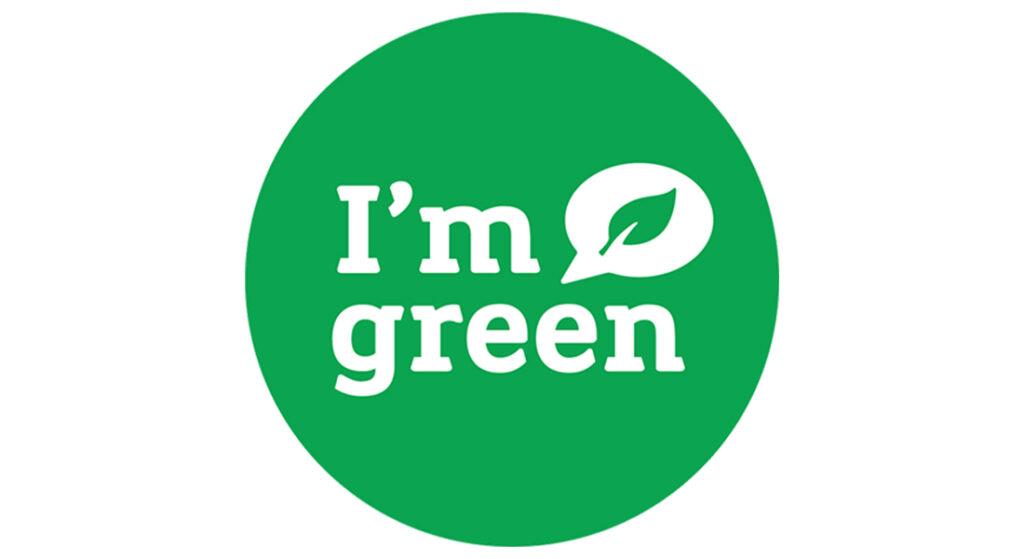
Braskem, a Brazilian company, is a pioneer in producing thermoplastic resins made from renewable sources. At its core, biotechnology, and chemical engineering specialists at Braskem conduct research into renewable solutions on an industrial scale. I’m Green is their brainchild. It is the world’s first bio-based plastic produced on an industrial scale. More specifically, it is a polyethene made from sugarcane.
While polyethylene made from petroleum extracts carbon from the Earth (non-renewable source) and transforms it into plastic, I’m Green uses biomass (renewable source) and converts it to a polymer. Biomass also has a special ability to capture CO2 from the air. Each kilogram of polyethene made from sugarcane captures 2.5 kg of CO2 from the air. Thus, while driving down the reliance on fossil fuels, I’m Green also contributes to climate control.
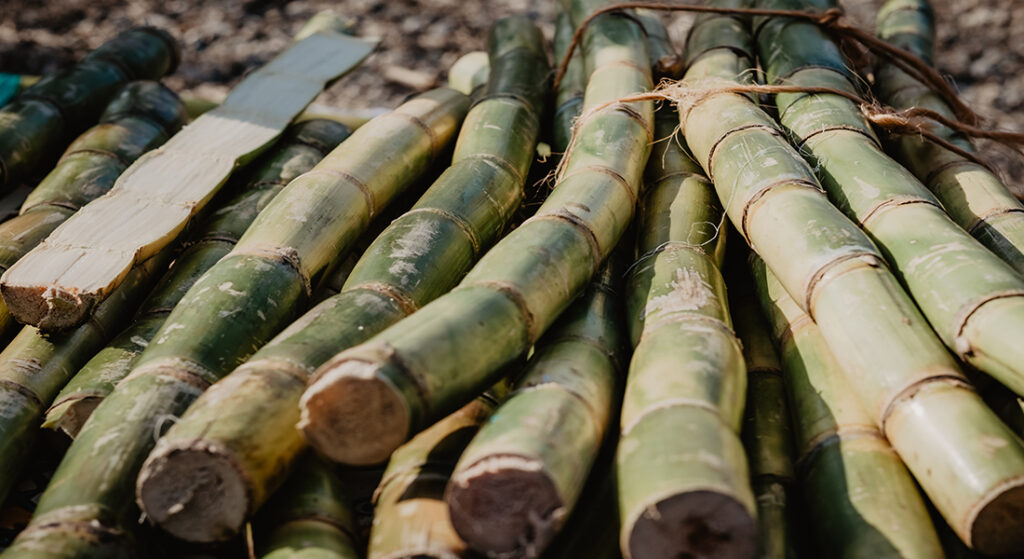
I’m Geen also has a significantly reduced environmental impact compared to traditional plastic alternatives. Sylvio Ortega Filho, the company’s Executive Director, states that in specific applications, once I’m Green, green plastic comes into contact with compostable environments, it degrades in about 120 days.
I’m Green can be adapted into agribusiness, food packaging, sportswear, automotive parts, beverage containers, toys, cosmetics, personal hygiene products, furniture, and clothing. Their circular approach to plastics helps reduce reliance on fossil fuels and eliminate harmful chemical additives while promoting the large-scale use of renewable resources.
Solar Sister
Solar Sister is a for women, by women organization operating in several African countries. In 2008, Katherine Lucey and Neha Misra built the foundation for this unique organization with the vision to run a social enterprise that centres local women on distributing clean energy. Solar Sister promotes energy access and sustainable development through a unique circular business model. The organization recruits and trains women entrepreneurs to distribute and sell solar-powered products in rural communities.
The environmental impact is detrimental in a continent where more than 600 million people have no access to electricity and rely on dangerous fuels like kerosene daily. By centring women in their cause to popularise clean energy, solar sister is also driving poverty eradication by empowering women. Thanks to Solar Sisters, with a switch to solar lamps, lights, cooktops, and other clean energy alternatives, an increased number of Sub-Saharan families reduce time spent on collecting wood, money on solid fuels, and smoke output, significantly improving their women and children’s health.
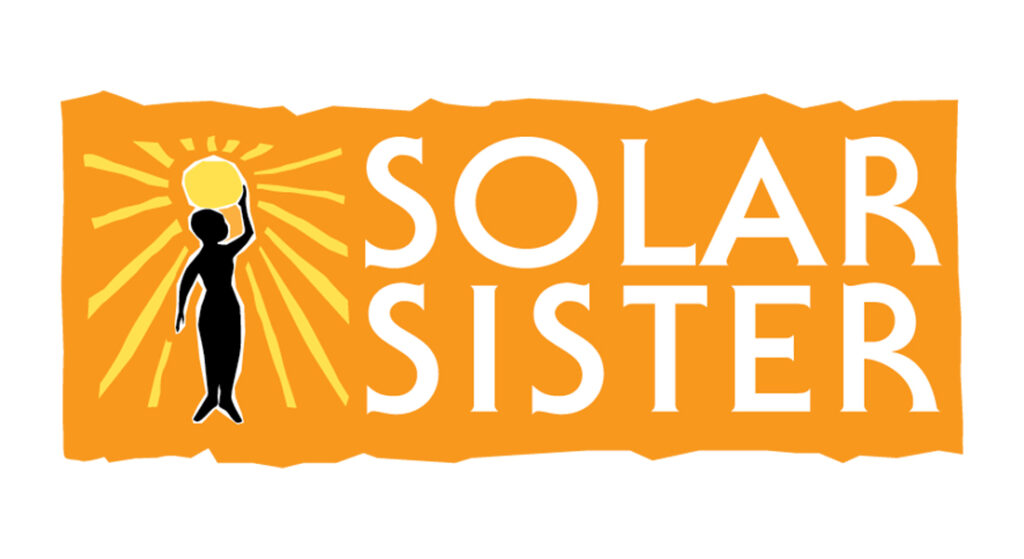
Their website reports 946,763 metric tonnes of CO2 emission as being avoided in 2022 alone. This was made possible by replacing close to 336,000 kerosene lamps with solar lights. Solar Sister enables economic empowerment by utilising renewable energy and promoting local entrepreneurship while reducing reliance on fossil fuels and improving energy access in underserved areas.
Waste Ventures India
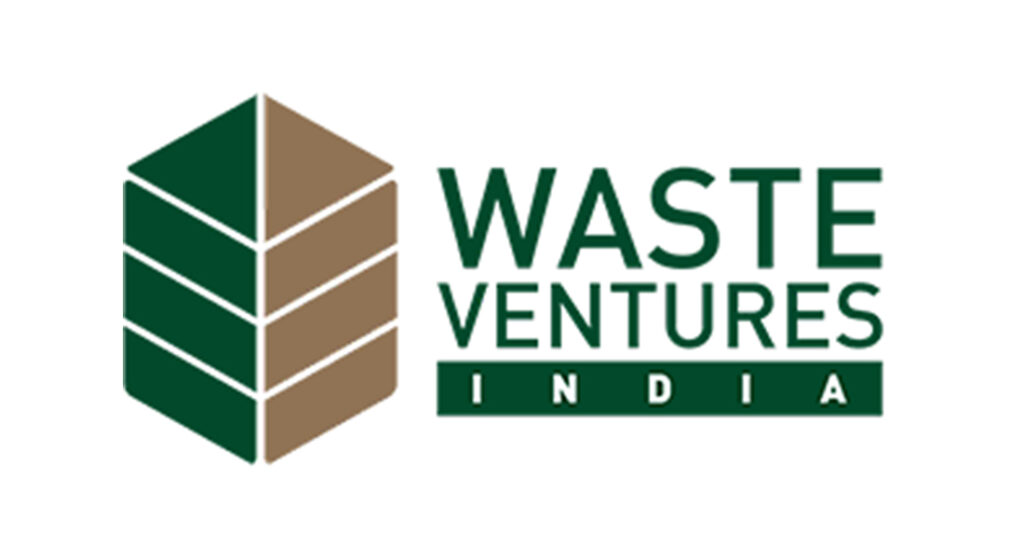
Waste Ventures India was co-founded in 2012 by Roshan Miranda. Waste Ventures focuses on waste management solutions in urban areas. The company employs informal waste pickers to collect, segregate, and process recyclable waste at their facilities. They are partnering with a whopping 6000 informal waste pickers across Hyderabad. They also work with bulk waste generators to create inclusive, financially viable and environmentally sustainable waste management models to divert waste from ending in landfills. Their focus areas include dry waste collection, organic waste processing, plastic offsets, waste auditing and zero-waste workshops.
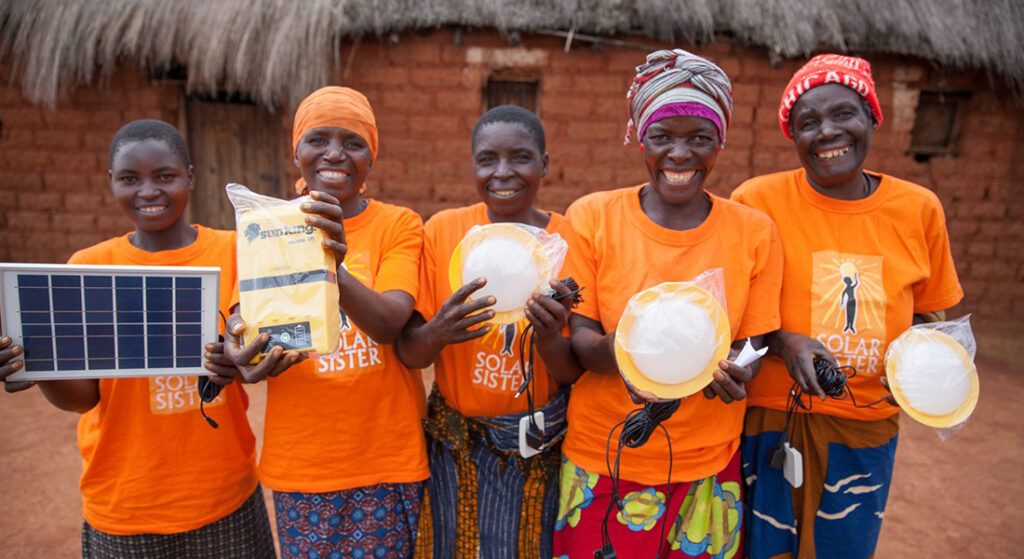
To date, they have collected an aggregate of 77,61,356 million tonnes of waste, thus avoiding nearly 21 million tonnes of CO2 emissions. WVI’s circular approach not only diverts waste from landfills but also provides income opportunities for waste pickers and promotes a cleaner and healthier urban environment.
These case studies demonstrate the diverse ways companies of different sizes embrace circular economy principles. These companies have achieved significant environmental benefits by redesigning processes, minimizing waste, and promoting resource efficiency. By implementing innovative solutions, these companies contribute to the global transition towards a more circular and sustainable economy. By learning from their successes, other organizations can embrace circularity, minimize waste, and contribute to preserving our planet’s resources.
